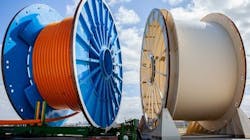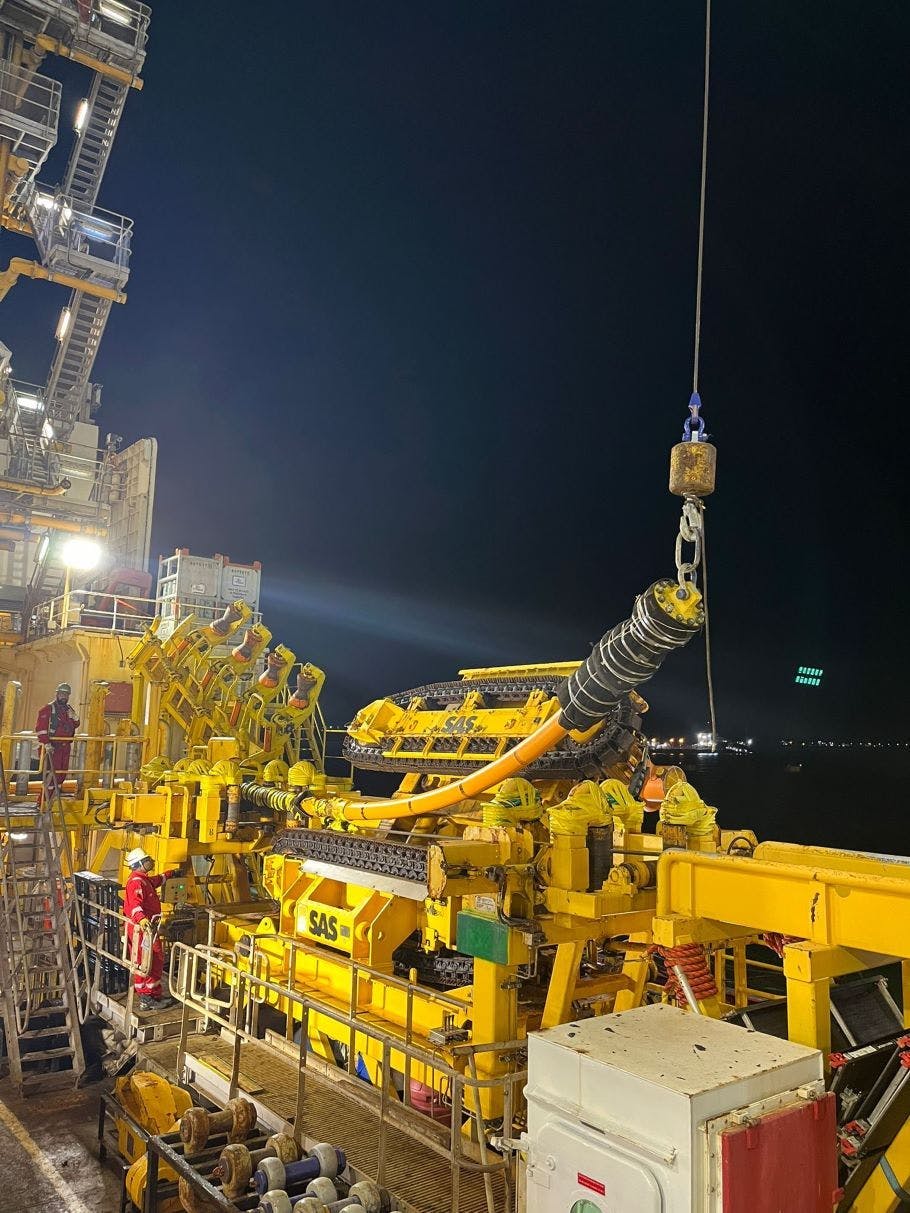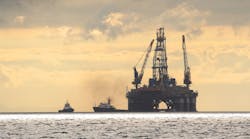Trials confirm TCP potential for post-salt and presalt fields offshore Brazil
Strohm has completed first field trials for Petrobras offshore Brazil of its thermoplastic composite pipe (TCP), in water depths of about 1,500 m in the Campos Basin.
Tests and engineering assessments are said to have confirmed the pipe’s performance in real conditions and the ease of installation, using flexible pipe installation vessels in Petrobras’ fleet.
The TCP was tested using the same methodologies and standards as for conventional flexible pipes.
The trials, performed jointly with Petrobras, included crushing and deep immersion performance tests and subsea first and second-end vertical connection tests. As part of the program, the pipe was laid in a catenary configuration in which it remained for 24 hours, to determine its behavior in normal operational conditions.
According to Strohm, the tested TCP is deemed suitable for post-salt wells, and the results will also support qualification of TCPs for presalt applications.
As the technology is proven to be resistant to stress corrosion cracking caused by CO2, it shows promise for the presalt offshore cluster fields, the company added.
In addition, its carbon footprint is smaller than for conventional flexible pipes due to the materials employed and its lightweight is said to allow simpler installation methods to be deployed, such as a subsea pallet.
Renato Bastos, Strohm's vice president of Brazil, said, ““This is the first offshore trial for Petrobras to include thermoplastic composite pipes…[it] paves the way for wider adoption of our technology in the country.”
Gustavo Calazans, Petrobras' subsea engineering general manager, added, “This is an important milestone of our Subsea Industrialization Program in which Strohm is a key partner. This result strongly contributes to accelerate the installation of a new plant in Brazil bringing not only technological advances, but also competitiveness, an increase in local content, and cost reduction for Petrobras' projects.”
Strohm, UNITECH partner for subsea fluids transfer development
Earlier this year, Strohm signed a memorandum of understanding with UNITECH Offshore. The two parties will seek to develop and commercialize an integrated system for the transportation of fluids and gases. This will feature a subsea, end-to-end jumper connection arrangement without flange, designed to reduce the risk of leaks and to simplify the offshore installation process.


